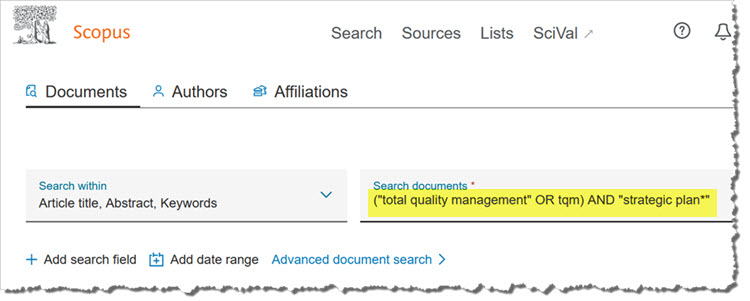One indication that a particular article is seminal (i.e., of great importance or lasting influence; seminal works are sometimes also referred to as landmark works, classic works, or pivotal works) is that the article has been cited (i.e., mentioned) in many other documents.
Note, though, that although all seminal articles will be highly cited, not all highly cited articles are necessarily seminal. In fact, the number of citations an article has received is not necessarily an indication of the article's quality. An article may have been mentioned in many other articles because it was particularly problematic, for example; other authors may have pointed out problems with its methodology, conclusions, etc.
In order for a work to be considered seminal, it should have led to:
In the field of management, for example, Michael E. Porter's 1996 article entitled "What is Strategy?" is considered a seminal work because it provided a clear and widely accepted definition of "strategy" and discounted many alternate views of what strategy is. The article has been cited thousands of times and has influenced business leaders around the world.
To find highly cited and potentially seminal articles on a particular topic, you can use the UMGC Library's Scopus database. Note that Scopus currently has fullest coverage for documents published during or after 1970.
Enter a properly formatted search statement (see this page for tips on constructing an effective search statement) into Scopus. The image below shows a search for ("total quality management" OR tqm) AND "strategic plan*":

On the search results page, click on the arrow next to "Sort on:" on the right-hand side of the page, above the search results, and then click on Cited by (highest) as shown in the image below:

Your search results will then be sorted by number of times cited, with the most highly cited articles on your topic appearing at the top of the results list.
If you have any questions about this information, please use the UMGC Library's Ask a Librarian service to receive assistance.